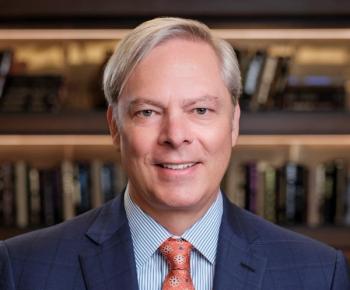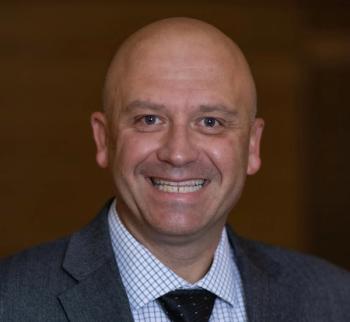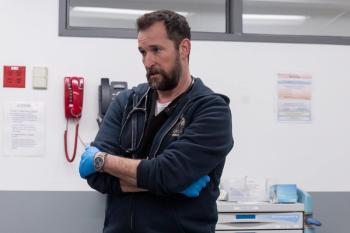
Kennedy grilled on vaccines, NIH funding, and firings
Appearing before lawmakers at hearings on the health department’s budget, Kennedy fielded tough questions on the agency’s reorganization, research, and the measles outbreak.
They may have been billed as budget hearings, but they turned into a review of
Kennedy faced House and Senate members in hearings Wednesday about the health department’s budget for the 2026 fiscal year. The Trump administration has proposed substantial cuts in medical research programs.
Kennedy gained the most attention for questions about his stance on the measles vaccines, one of which elicited a remarkable response from the nation’s health secretary.
Fielding questions about the measles vaccine, Kennedy said, “I don’t think people should be taking advice, medical advice, from me.”
Rep. Mark Pocan, a Wisconsin Democrat, had asked Kennedy if he would make sure that his children get the measles vaccine. Kennedy said, “Probably.” He also said his views on vaccines are "irrelevant" and wants people to do their own research. Critics scoffed, saying his vaccine views matter, given his job, while others agreed that people shouldn't listen to him.
During a hearing before the Senate Health, Education, Labor and Pensions Committee Wednesday afternoon, Kennedy clashed with Democratic lawmakers who grilled him on his statements on vaccines.
In some instances when Democrats asked if he thinks kids should get the measles vaccine, Kennedy wouldn’t answer directly, angering lawmakers.
Sen. Chris Murphy, a Democrat from Connecticut, delivered some of the toughest questioning and engaged in a heated exchange with the health secretary. He blasted Kennedy for appearing on Dr. Phil and saying that measles vaccines haven’t been fully tested for safety.
“When you say you support the measles vaccine and then go out and repeatedly undermine the vaccine with information that is contested by public health experts, that is not supporting the vaccine,” Murphy said.
Kennedy countered, “I am not going to just tell people, everything is safe, in effect, if I know that there's issues. I need to respect people's intelligence.”
In response to other questions, Kennedy would clarify that he thinks children should get the measles vaccine. But Democratic lawmakers criticized Kennedy for not providing more unambiguous guidance on vaccines during the measles outbreak, with
Murphy also accused Kennedy of reneging on earlier promises that he wouldn’t alter vaccine testing protocols. The health department recently announced that
Lawmakers also questioned Kennedy about planned reductions of funding at the National Institutes of Health and
The Trump administration has proposed a 40% cut in the NIH’s budget,
Sen. Bill Cassidy, a Louisiana Republican who chairs the Senate committee, asked Cassidy about how the NIH will compete with global competitors in medical research.
A physician, Cassidy asked, “How will the NIH successfully do more with less? How will we build those new scientists to find these cures and to compete with geopolitical rivals?”
At the Senate committee hearing, Kennedy defended the NIH staff reductions as “administrative cuts.” Kennedy also pointed to cutting “DEI” studies and grants to foreign scientists.
Critics have said the cuts at the NIH and other health department programs
Sen. Patty Murray, a Democrat from Washington state, hammered Kennedy for laying off most workers at the National Institute for Occupational Safety and Health. Kennedy said some workers are being brought back to offices in West Virginia and Ohio, but Murray asked about the many workers in Washington state who have been dismissed.
Kennedy said that the work at NIOSH would not be interrupted. But Murray said, “I would just say you can't fire 90% of the people and assume the work gets done.”
Cassidy also asked Kennedy about eliminating block grants aimed at bolstering hospital and emergency department preparedness.
“Rural, under-resourced states, especially, rely upon federal funding to support public health,” Cassidy said.
Kennedy said there are situations where efforts are best directed locally, but that the health department would provide assistance in emergency response and preparation.
“We are not relinquishing our responsibility at CDC to manage national emergencies,” Kennedy said.
Cassidy asked about how the health department intends to address long Covid, with the closing of the office for studies of
Kennedy said the office was closed by an order from the White House, but he said that he would ensure studies of long Covid continue.
“I am 100% committed to finding treatments for long Covid,” Kennedy said, adding he has a son who has been deeply affected.




























































































